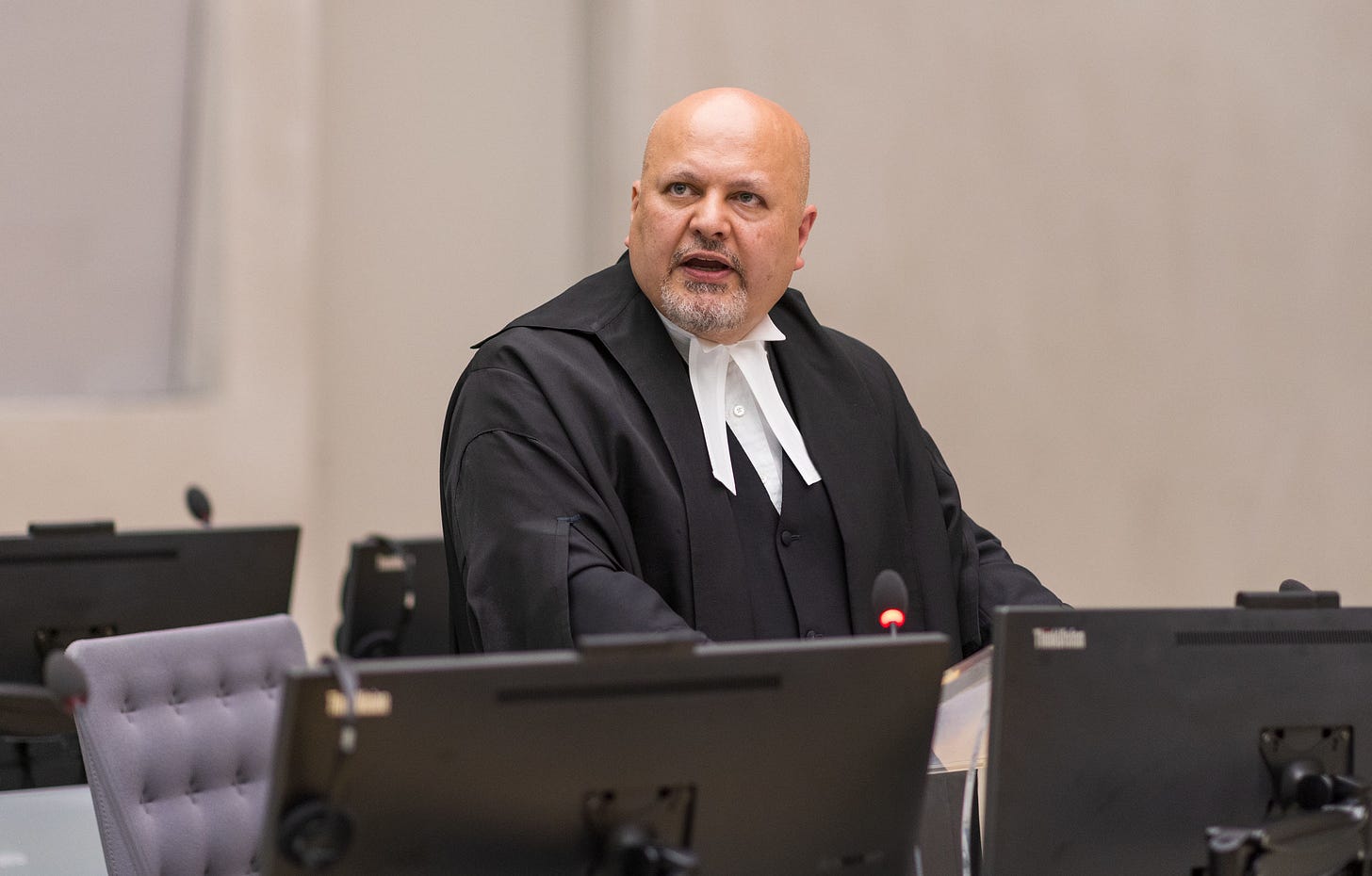Khan may face regulator
Prosecutor warned of disciplinary action if International Criminal Court misled
British lawyers have threatened to trigger a disciplinary investigation into the International Criminal Court’s senior prosecutor unless he reviews the arrest warrants he is seeking for Israeli government ministers, the Telegraph reports today.
Karim Khan KC announced on 20 May that he…
Keep reading with a 7-day free trial
Subscribe to A Lawyer Writes to keep reading this post and get 7 days of free access to the full post archives.




